Introduction to Car Trailers and Their Capacities
Car trailers serve as an essential tool for transporting vehicles, whether for relocation, sale, or any other reason. But what weight can a car trailer carry? This fundamental question leads to an array of considerations—not just regarding the trailer itself, but also in terms of legal classifications, vehicle compatibility, safety regulations, and practical applications. Understanding these variables allows for informed decisions that ensure the safety and effectiveness of your transportation needs.
Weight Ratings: Understanding the Terminology
When discussing what weight a car trailer can carry, it’s crucial to familiarize oneself with various terminologies associated with trailers and towing capacities.
Gross Vehicle Weight Rating (GVWR): This refers to the maximum weight a vehicle or trailer is rated to safely carry, including the weight of the trailer itself and the load it bears.
Gross Trailer Weight (GTW): This is the total weight of the trailer when loaded, which should not exceed the trailer’s GVWR.
Payload Capacity: This reflects the maximum weight that can be added to the vehicle or trailer after deducting its own weight from the GVWR.
Towing Capacity: The maximum weight your vehicle can safely tow, which varies greatly among different makes and models.
Tongue Weight: This is the downward force that the trailer exerts on the hitch of the towing vehicle, usually between 10-15% of the GTW.
Understanding these terms is critical for evaluating whether a car trailer can safely transport a particular vehicle or load.

Factors Influencing Car Trailer Capacity
1. Trailer Design and Type
Different types of trailers are designed for specific capacities and uses:
| Trailer Type | Typical Weight Capacity | Ideal Use |
|---|---|---|
| Open Car Trailers | 2,000 – 10,000 lbs | Suitable for standard vehicles |
| Enclosed Trailers | 3,000 – 14,000 lbs | Ideal for classic cars or motorcycles |
| Heavy-Duty Trailers | 10,000 – 20,000 lbs | Used for heavy machinery or multiple vehicles |
Selecting the appropriate trailer type is vital in ensuring that it matches the weight of the cargo to be transported.
2. Trailer Construction
The materials and construction methods utilized in trailer manufacturing significantly affect their weight limits. Lightweight materials such as aluminum provide ease in towing but may have lower capacity envelopes compared to heavier, more robust steel trailers designed for demanding loads.
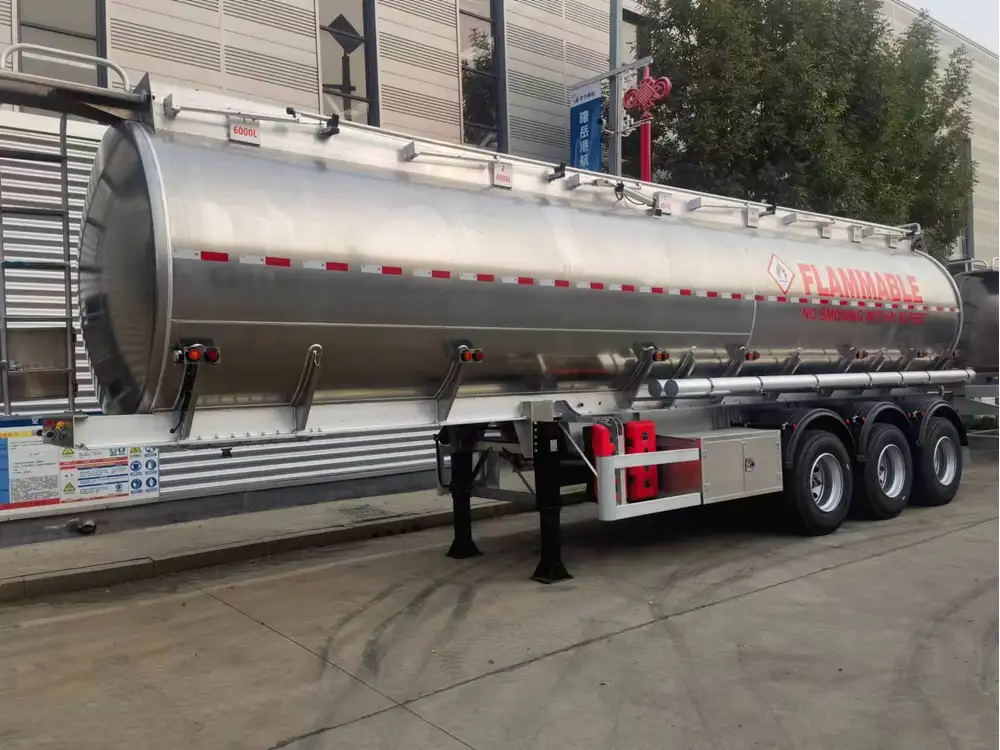
3. Towing Vehicle Capability
The towing vehicle’s specifications are just as critical as the trailer itself. Always consult the vehicle manufacturer’s guidelines to ascertain its towing capacity. Exceeding the recommended weight can lead to dangerous handling issues, increased stopping distances, and potentially severe accidents.
4. Legal Considerations
Each state or country may have specific regulations regarding trailer weight limits and towing capacities. It is paramount to be informed about local laws affecting these aspects, as they often include stipulations regarding trailer brake systems and required driver licenses for heavier combinations.
Calculating the Load You Can Safely Carry

Determining Your Vehicle’s Towing Capacity
To ascertain how much weight a car trailer can carry, follow these steps:
Identify the Towing Capacity of Your Vehicle: This information can be found in the vehicle’s owner manual or manufacturer’s website.
Determine the GVWR of the Trailer: This should also be located on the trailer itself, typically on a sticker found on the frame or tongue of the trailer.
Assess the Combined Weight: Calculate the combined weight of your vehicle and the trailer. The total must be under your vehicle’s towing capacity.
Consider the Load: The weight of the vehicle or items being transported should not exceed the trailer’s payload capacity.
Example Calculation for Clarity
Assuming:
- Vehicle Towing Capacity = 5,000 lbs
- Trailer GVWR = 3,500 lbs
- Weight of the vehicle being loaded = 2,800 lbs
Combined Weight Calculation:
- Total = Weight of the trailer + Weight of cargo = 3,500 lbs + 2,800 lbs = 6,300 lbs
In this scenario, the vehicle exceeds its towing capacity, thus endangering safe transportation and increasing the likelihood of vehicular failure.
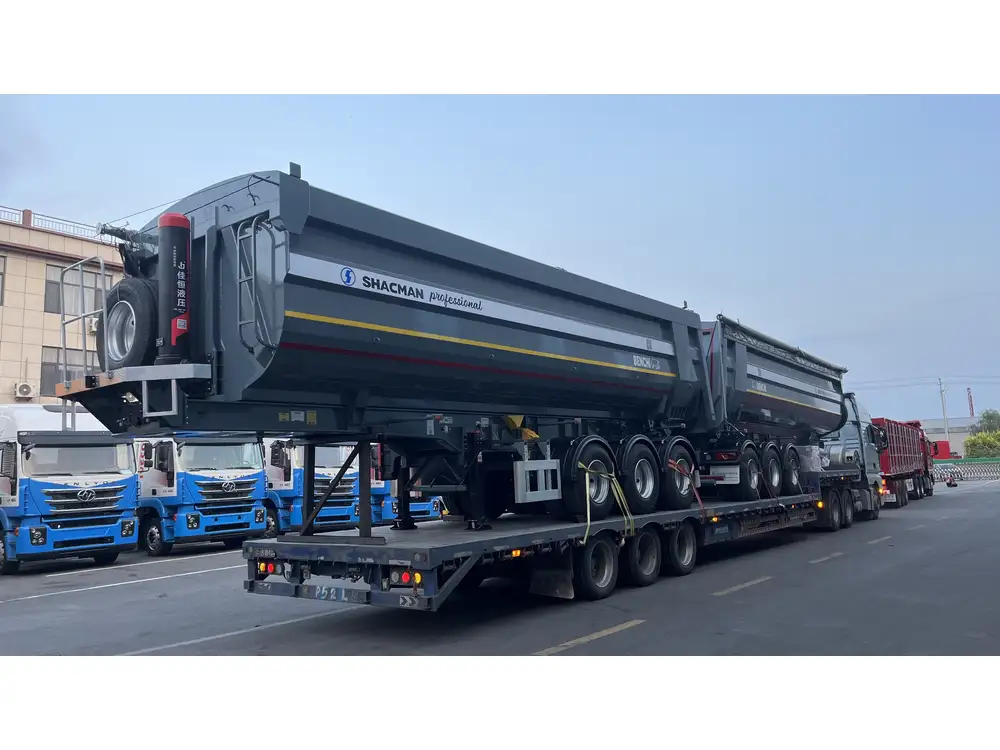
Safety Tips for Towing a Trailer
1. Proper Hitching Techniques
Ensure the hitch is correctly installed and the connection between the towing vehicle and trailer is secure. Check that the trailer lights and brakes are functioning correctly.
2. Load Distribution
Distribute the weight evenly across the trailer to avoid swaying during transport. A well-balanced load will improve handling and braking efficiency.

3. Regular Maintenance Checks
Regularly inspect and maintain both the trailer and the towing vehicle. Look for signs of wear and tear, particularly on tires, brakes, and suspension components.
4. Monitor Tongue Weight
Maintain the proper tongue weight, as this affects vehicle handling. Ideally, the tongue weight should be approximately 10-15% of the total trailer weight.
Troubleshooting Common Issues
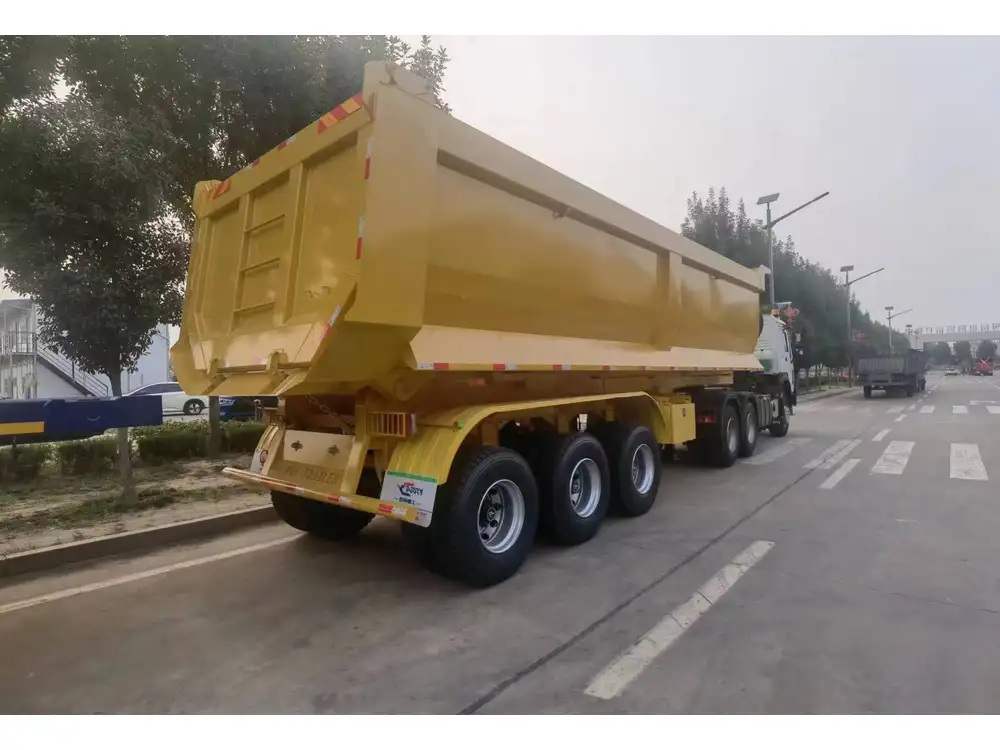
1. Swaying or Instability
Causes: Poor weight distribution or insufficient tongue weight can result in trailer sway.
Solutions: Adjust the load to ensure it is well distributed, and if necessary, invest in weight distribution hitches or sway control systems.
2. Overheating Brakes
Causes: Exceeding weight capacity or poor brake system maintenance can cause overheating.
Solutions: Regularly check the brake system and adhere to trailer weight limits.
3. Tire Failure
Causes: Overloading the trailer or using tires rated below the trailer’s GVWR can lead to blowouts.
Solutions: Regularly inspect tire condition and ensure they are adequately inflated and of suitable quality.
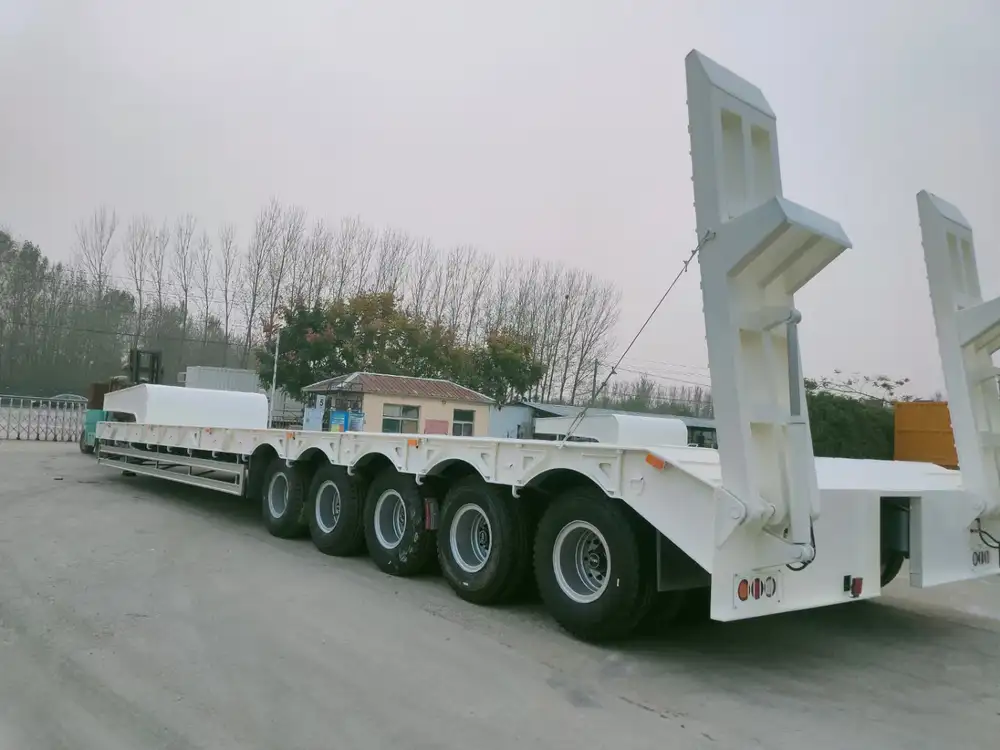
Navigating the Challenges of Loading a Car Trailer
Proper Securing Techniques
To prevent damage to the vehicle being transported, employ the following securing measures:
- Use Quality Tie-Down Straps: Attach straps from the vehicle’s frame to anchor points on the trailer.
- Utilize Wheel Chocks: Prevent movement during transport by using chocks on the rear tires of the car.
- Employ Ratchet Straps: These provide additional security and can adjust to ensure the vehicle remains stationary.
Understanding Your Cargo’s Dimensions
Before loading, measure the cargo dimensions to verify that it fits within the confines of the trailer. Each model has unique width and height limits that must be adhered to avoid overloading.
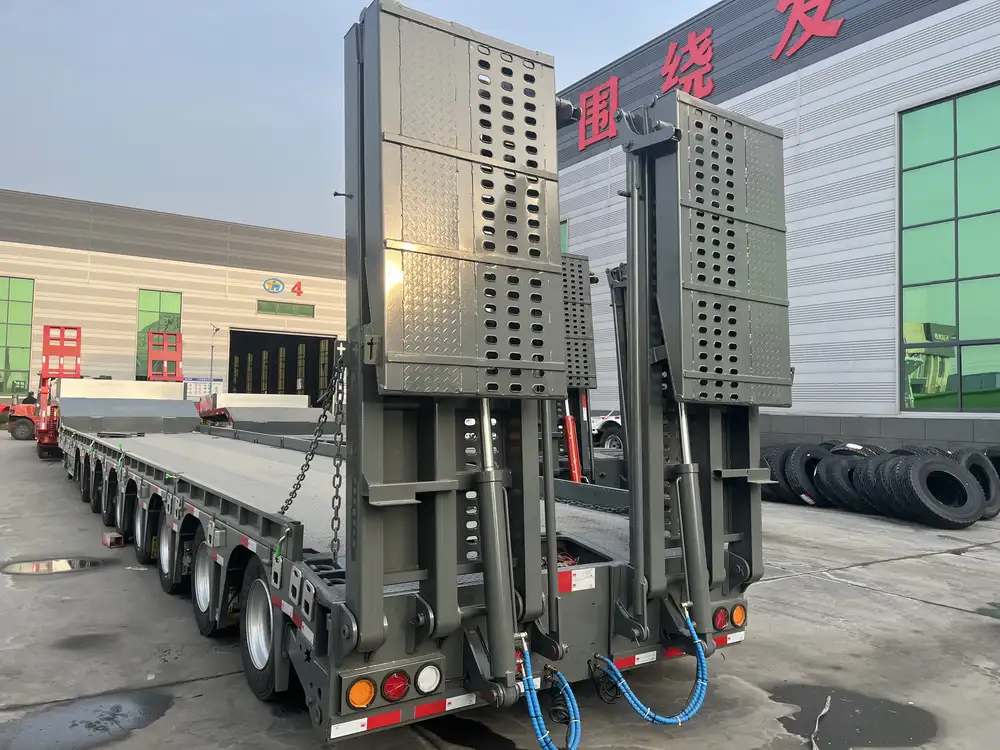
Closing Thoughts on Car Trailer Weight Limits
Understanding what weight a car trailer can carry is not just a matter of following regulations—it’s crucial for safety, legality, and efficiency in transport. Misjudging capacities can lead to numerous issues, ranging from compliance problems to dangerous driving conditions. Factors such as vehicle specifications, construction types, load distribution, and environmental considerations all intertwine to dictate just how effectively a trailer operates.
By applying your knowledge of weight limits and following safety protocols with due diligence, you are setting the foundation for a safer and more reliable towing experience. Remember: Knowledge is your best tool. Choose wisely, maintain diligently, and drive safely!



